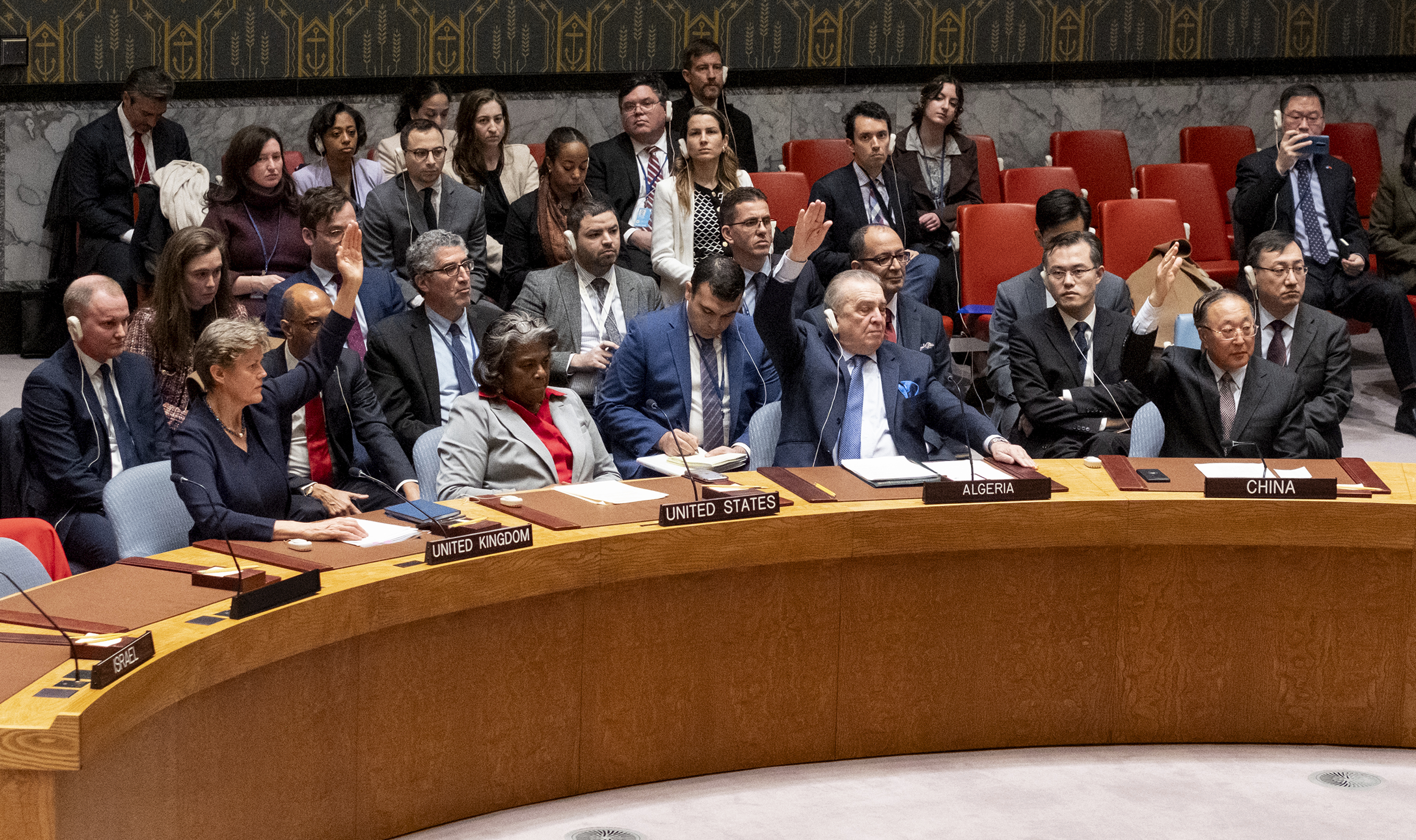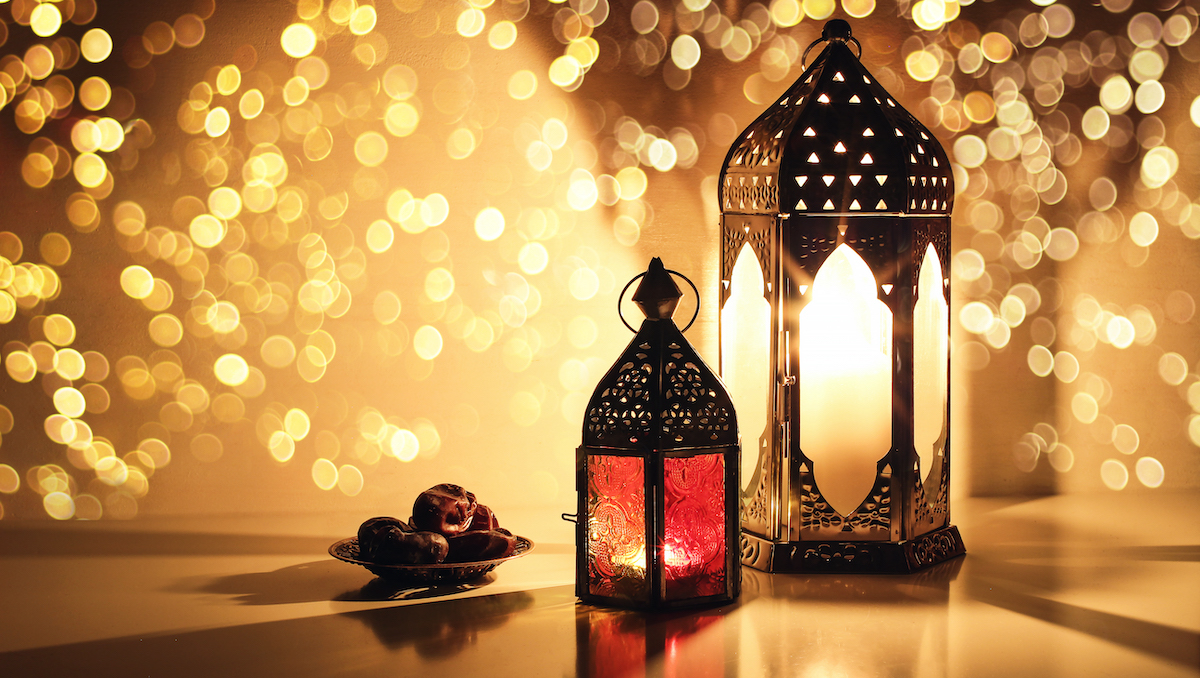Muslims around the world celebrated the Eid al-Fitr holiday Wednesday, marking the end of the holy month of Ramadan. But events were overshadowed by the worsening crisis in Gaza and Israel’s expected military offensive in Rafah city after six months of war.
“We should not forget our brothers and sisters in Palestine,” one imam, Abdulrahman Musa, said in Kenya's capital, Nairobi. “They have been subjected to unjustified aggression and a lot of violence (as) the world is watching in silence.”
In a holiday message, Turkish President Recep Tayyip Erdogan sent support to Gaza, which he called a “bleeding wound on the conscience of humanity.”
In Istanbul, some of the thousands of worshipers at the Aya Sofya Mosque carried Palestinian flags and chanted slogans in support of residents of Gaza, where the United Nations warns that more than a million people are at threat of imminent famine and little aid is allowed in.
Inside Gaza, there was little joy. Palestinians in the refugee camp of Jabaliya near Gaza City mourned loved ones among the over 33,000 killed in Israel's offensive in response to Hamas's deadly Oct. 7 attack in Israel.
Om Nidal Abu Omeira sat alone among bombed-out buildings and wept on the grave of her mother, son-in-law, and grandson. All were killed in Israel's offensive.
“They (the children) keep saying, ‘I miss my father, where is he?’ I tell them that he’s in heaven,” she told The Associated Press. “They start crying, and then I start crying with them.”
Elsewhere, people were grateful for the plenty they had after a month of fasting and reflection. Before the holiday, markets around the world teemed with shoppers. Residents poured out of cities to return to villages to celebrate with loved ones.
In Indonesia, the world's most populous Muslim nation, nearly three-quarters of the population were traveling for the annual homecoming known locally as “mudik."
Feeling out of the loop? We'll catch you up on the Chicago news you need to know. Sign up for the weekly Chicago Catch-Up newsletter.
“This is a right moment to reconnect, like recharging energy that has been drained almost a year away from home," said civil servant Ridho Alfian.
Jakarta’s Istiqlal Grand Mosque, the largest in Southeast Asia, was flooded with devotees. Preachers in their sermons called on people to pray for Muslims in Gaza.
“This is the time for Muslims and non-Muslims to show humanitarian solidarity, because the conflict in Gaza is not a religious war, but a humanitarian problem," said Jimly Asshiddiqie, who chairs the advisory board of the Indonesian Mosque Council.
In Berlin, worshipers reflected the world, coming from Benin, Ghana, Syria, Afghanistan and Turkey.
“It’s a day where we feel grateful for everything we have here, and think and give to those who are poor, facing war and have to go hungry,” said Azhra Ahmad, a 45-year-old mother of five.
What is Ramadan?
In Pakistan, authorities deployed more than 100,000 police and paramilitary forces to maintain security at mosques and marketplaces.
In Malaysia, ethnic Malay Muslims performed morning prayers at mosques nationwide just weeks after socks printed with the word “Allah” at a convenience store chain sparked a furor. Many found it offensive.
Malaysia’s Prime Minister Anwar Ibrahim called for unity and reconciliation, saying no groups should be sidelined based on religion or any other reason.
In Russia, worshipers gathered as their leaders vowed loyalty to fellow citizens amid tensions following last month’s attack by an extremist group on a music hall outside Moscow in which 130 people were killed. The Islamic State group’s Afghanistan affiliate claimed responsibility.
“As our country’s president, Vladimir Putin, said, terrorism has neither a nationality nor a religion, the chairman of the Council of Muftis in Russia said. “We call to unite against the threat, against those dark forces.”
___
Karmini contributed from Jakarta along with Associated Press journalists around the world.



